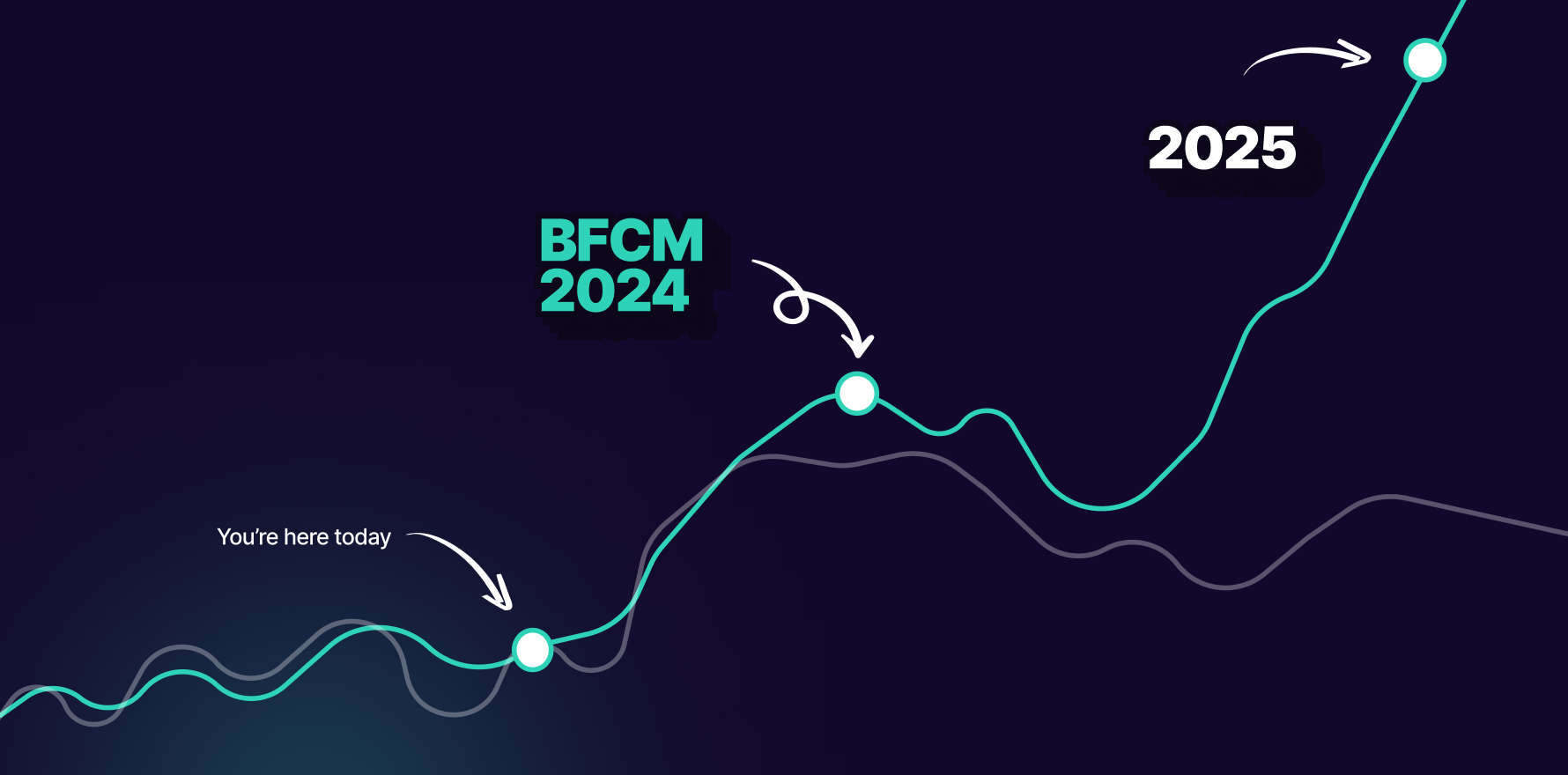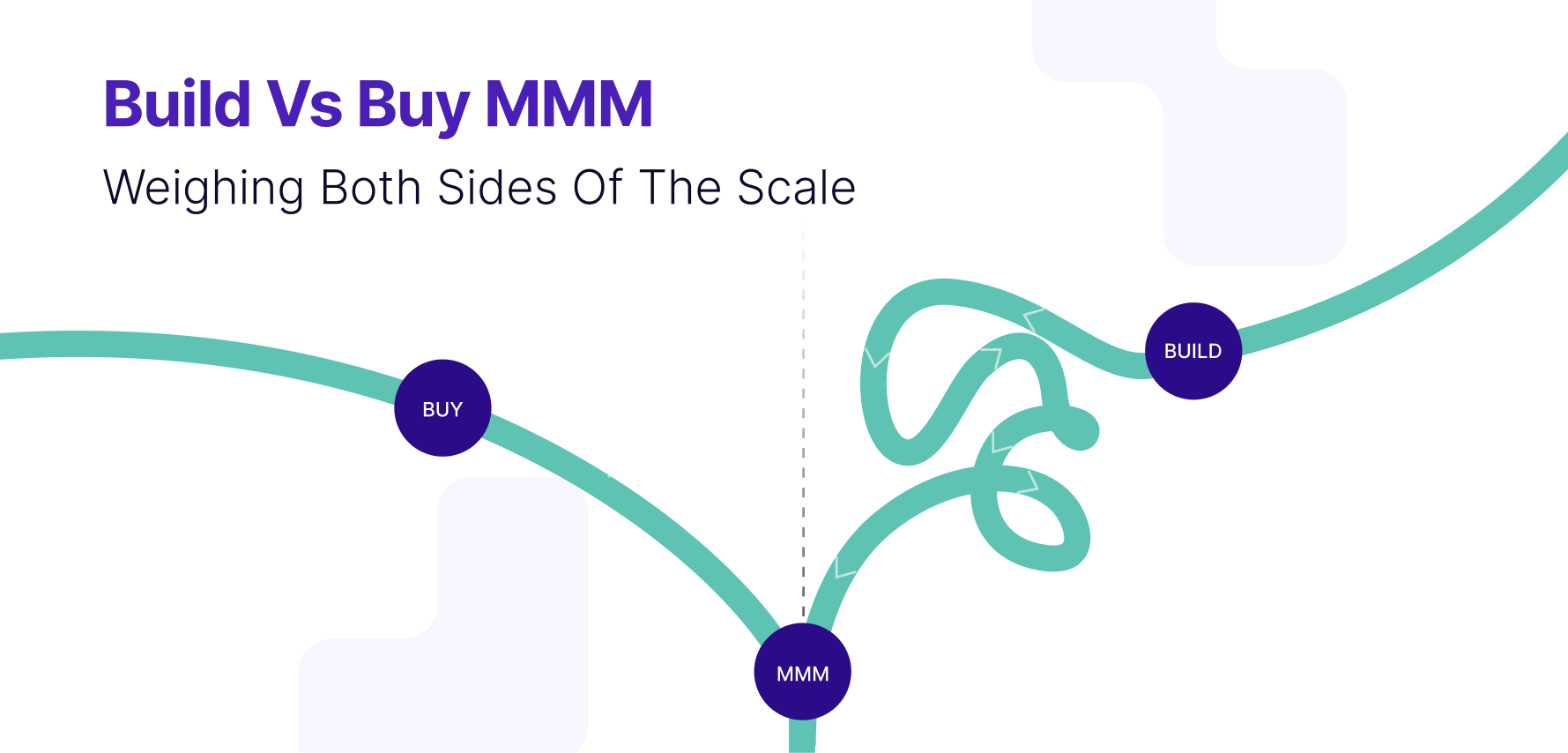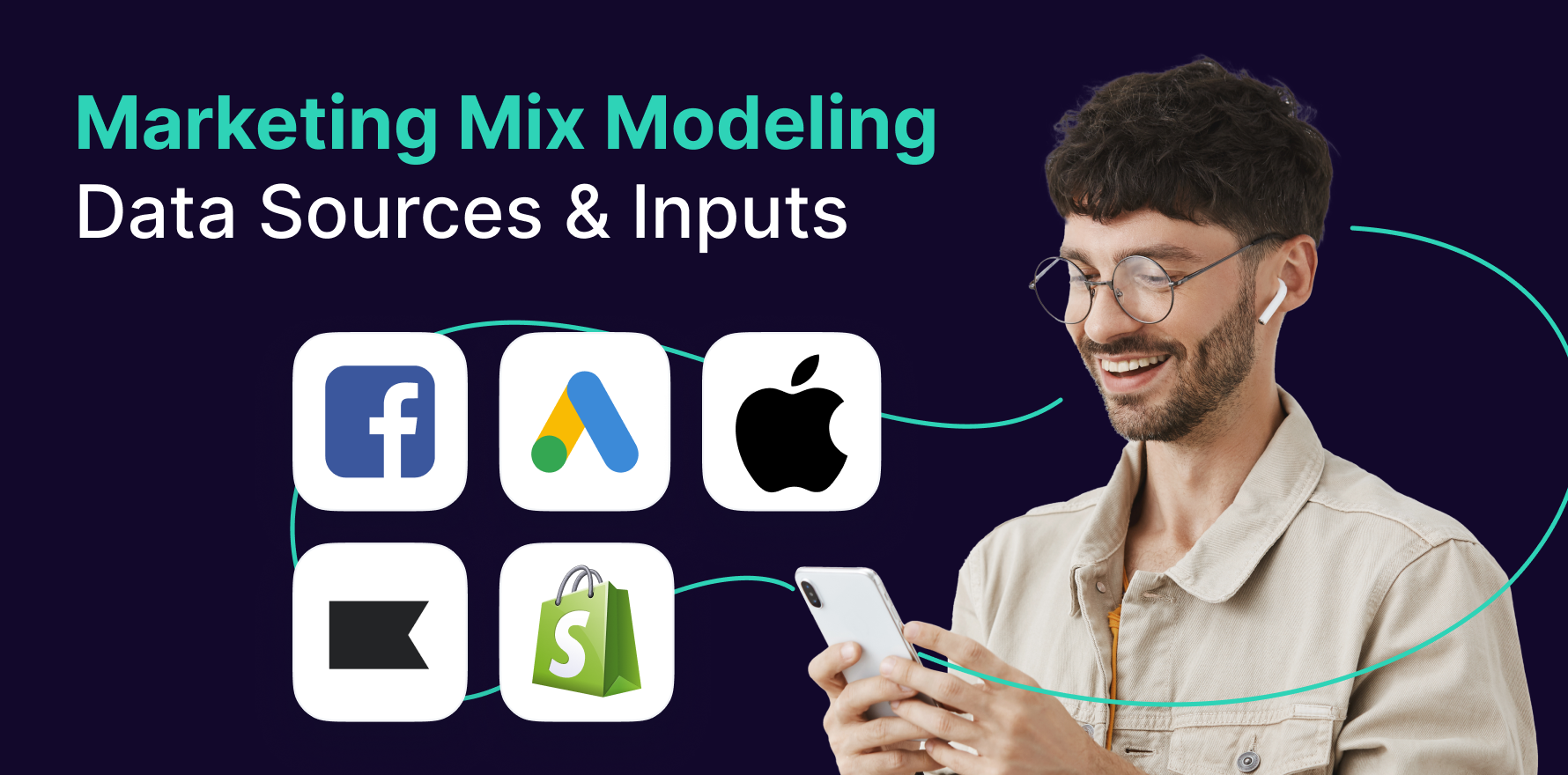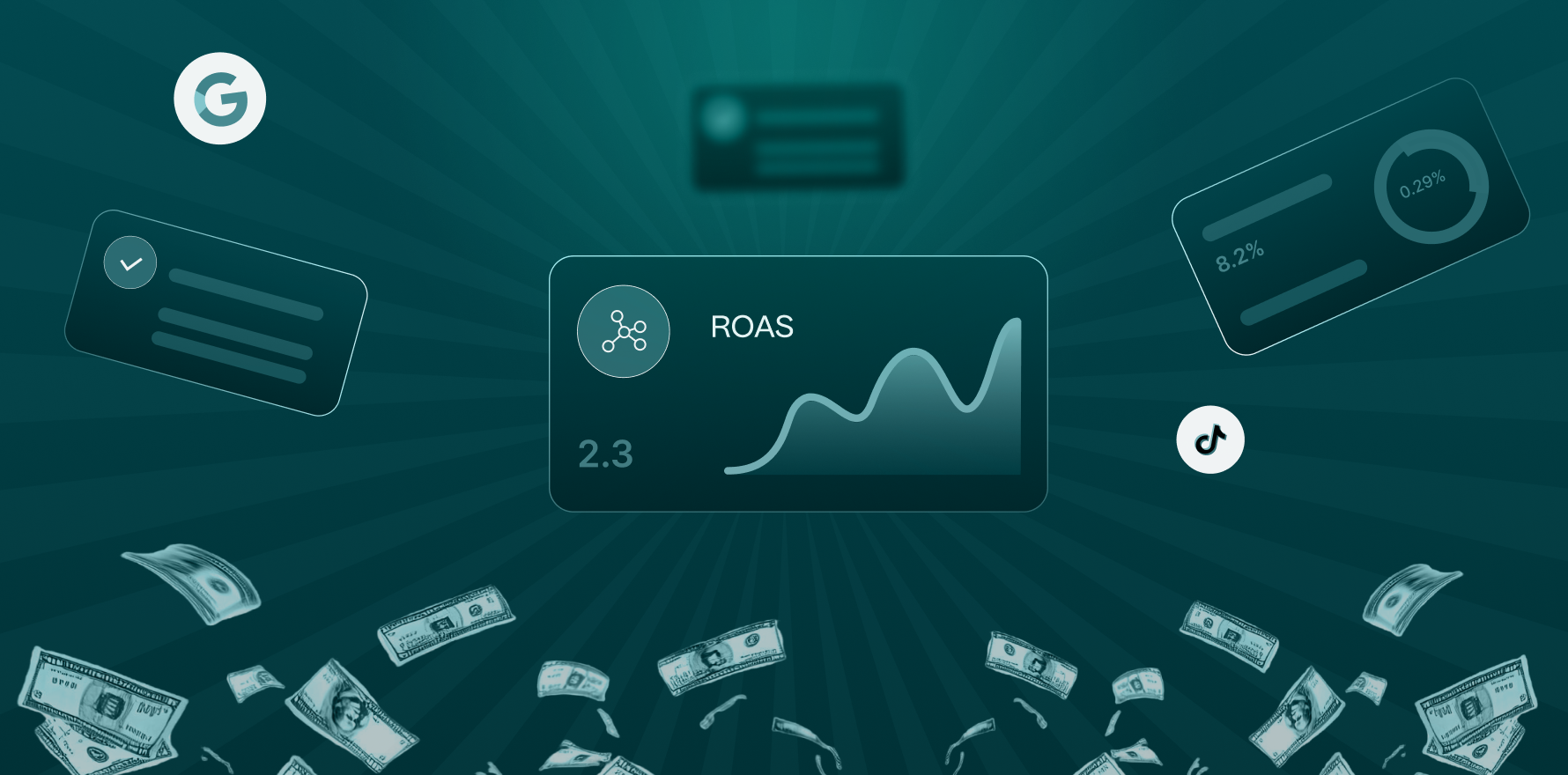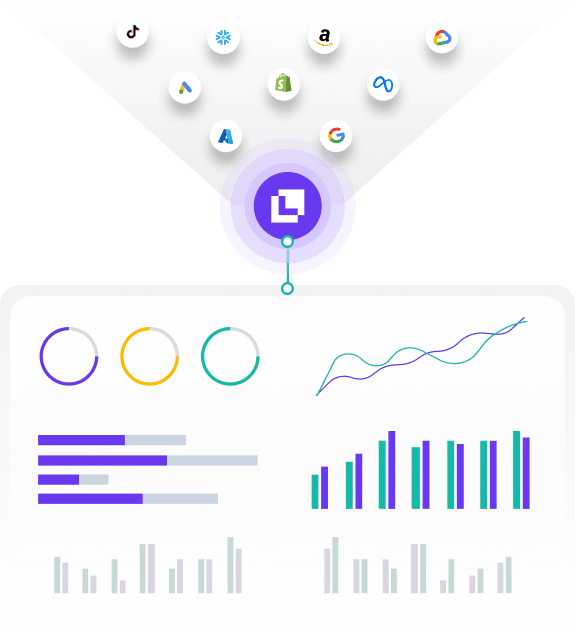What is Incrementality Test Duration?
Incrementality testing is a critical element of ecommerce analysis and decision-making. Essentially, it is the process of testing the additional value a marketing strategy or campaign brings to your ecommerce business above what would occur organically. Duration, in the context of incrementality testing, simply denotes how long the test is run. This length of time can significantly affect the reliability of the test, as running too short or too long can potentially lead to skewed results.
Formula
Example
Consider an ecommerce clothing retailer conducting an incrementality test for a new social media marketing campaign. Their average customer buying cycle is 2 weeks long. To account for this buying cycle and the potential weekly fluctuations in online shopping, the retailer might decide to run their incrementality test for a duration of 6 weeks. This length provides a robust sample size for a comprehensive understanding of the campaign’s incremental impact.
Why is Incrementality Test Duration important?
Having a proper Incrementality Test Duration is crucial to gather reliable results that help make data-driven business decisions. It ensures the sample size is large enough to provide a reliable conclusion, reduces the risk of anomalies influencing the results, and allows time for consumer behaviors to manifest accurately.
Which factors impact Incrementality Test Duration?
Improving the Incrementality Test Duration involves adequately planning before implementing the test. The test should run long enough to account for the customer purchase cycle, includes all external variables such as seasonality, and it validates significant changes. Trial runs with control and test groups is also a recommended practice before the actual full duration testing.
How can Incrementality Test Duration be improved?
Several factors can impact the Incrementality Test Duration including the nature of your product, the customer buying cycle, seasonality, the total customer base, marketing budget, expected conversion rate, and existing trends and anomalies.
What is Incrementality Test Duration’s relationship with other metrics?
Incrementality Test Duration has a correlation with other ecommerce metrics such as conversion rates, customer value, ROI, customer acquisition costs, and overall business growth. It influences the efficiency and effectiveness of marketing strategies and their ramifications on these ecommerce metrics.
Free essential resources for success
Discover more from Lifesight

